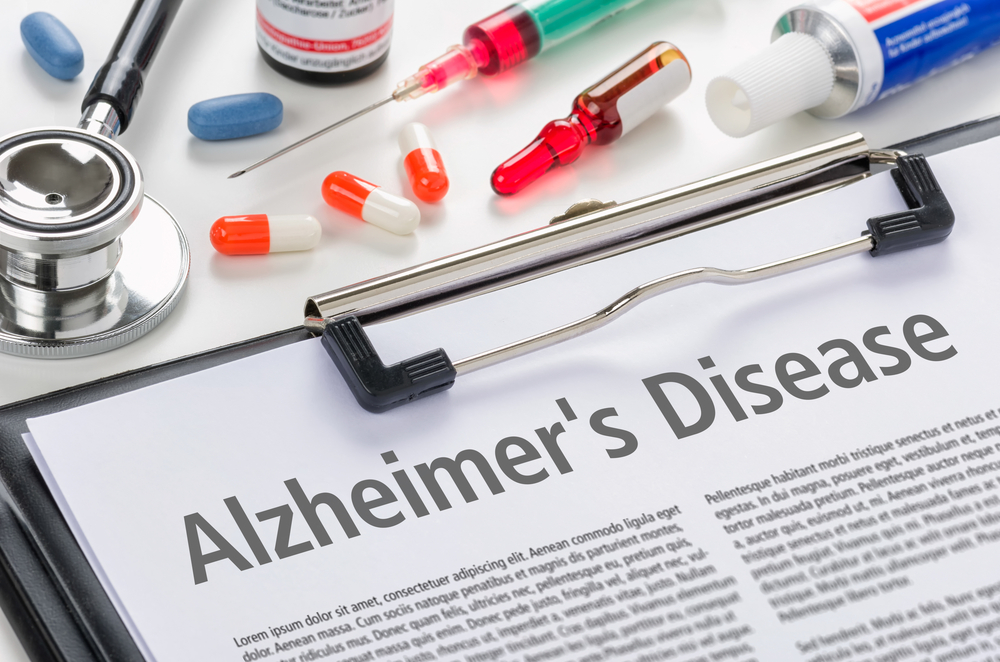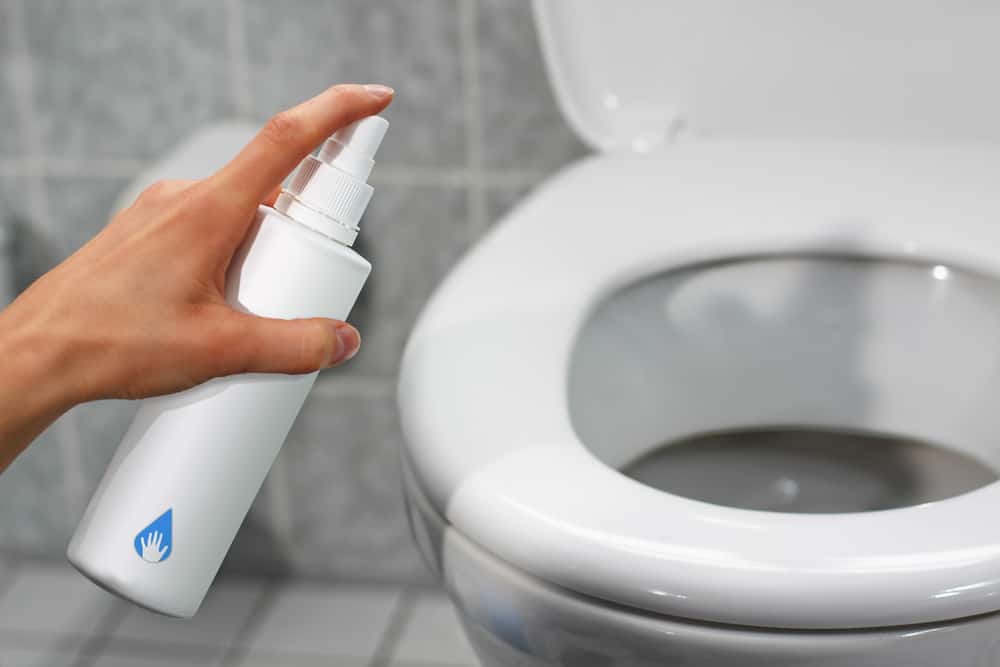Contents:
- Medical Video: Alzheimer's Disease - Causes, Symptoms and Treatment Options
- Various types of Alzheimer's disease drugs can prevent symptoms from appearing
- 1. Donepezil
- 2. Rivastigmin
- 3. Galantamine
- 4. Memantin
Medical Video: Alzheimer's Disease - Causes, Symptoms and Treatment Options
Alzheimer's (AD) is a nerve function damage disease characterized by difficulties in thinking and remembering. This disease is the main cause of dementia or senile disease. Even though there is currently no treatment that can cure this neurological disease, there are several types of drugs that can reduce the symptoms of Alzheimer's disease. Then what are the usual Alzheimer's disease drugs?
Various types of Alzheimer's disease drugs can prevent symptoms from appearing
There are 4 drugs that have been approved by the United States FDA and the POM for Alzheimer's disease, namely donepezil, rivastigmin, galantamin, and memantin. Each of these drugs has a different way of working. Then what and how do they work?
1. Donepezil
Donepezil is a drug used to slow down symptoms of Alzheimer's disease which is mild to severe. This drug is also commonly used for the treatment of brain injuries and Parkinson's disease caused by dementia.
Common side effects such as insomnia, vomiting, diarrhea, and infection. In 2015 the POM reminded of two rare but potentially serious risks of using this drug, namely muscle damage (rhabdomyolysis) and so-called neurological disorders neuroleptic malignant syndrome (NMS).
So, before using it, you need to consult with your doctor first. If you suddenly experience muscle weakness, do not delay to see a doctor.
Donepezil (Aricept and various other brands of generic drugs), available in tablets and lozenges. This drug can be taken before bed and eat, because food will not affect the work of the drug.However, make sure that in your use you follow all the recommendations of doctors and pharmacists.
2. Rivastigmin
Rivastigmine (Exelon), available in capsules that can be taken twice a day andpatch transdermal (plaster like patch). For people who experience severe Alzheimer's symptoms, this drug is usually given in the form of transdermal rather than oral.
As with donepezil, special attention is needed in using rivastigmin drugs, especially if the patient weighs less than 50 kilograms. Because the Alzheimer's drug can cause side effects such as excessive nausea and vomiting. So the risk of drastically reducing the patient's weight.
This Alzheimer's drug can be taken with food (breakfast and dinner). While the drug in the form of plaster can be applied once a day to the lower back or upper. Avoid sticking drugs to the same body part for 14 days. Make sure to press firmly on the medicinal plaster (at least 30 seconds) on clean skin to make sure all parts stick perfectly.
Side effects that may occur in the use of this drug are:
- Allergic dermatitis
- Indigestion, such as nausea, vomiting and diarrhea
- Affects the work of the heart
- Affects brain coordination ability
3. Galantamine
Galantamin (Reminyl) available in capsules or tablets can be taken at breakfast or dinner. But to be sure, ask your doctor and pharmacist about this one recommended Alzheimer's medication.
If you have previously used donezepil or rivastigmin (a group of cholinesterase drugs) then you have to wait up to 7 days to take galantamine, so that the previous side effects of the drug have disappeared.While patients who do not experience side effects due to donepezil or rivastigmin can start galantamine therapy a day immediately after cessation of previous therapy.
Side effects that may occur when using this drug are several skin reactions, such as rashes. If the skin problems experienced do not improve, immediately consult a doctor.
4. Memantin
Memantin (Abixa), available in tablet form and can be used before or after breakfast. Just like other Alzheimer's drugs, this drug also has side effects which can cause skin problems.
The most severe side effect is causing problems in the cornea. So that its use must be in accordance with the advice and supervision of the doctor.












